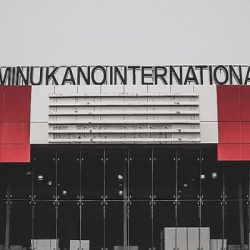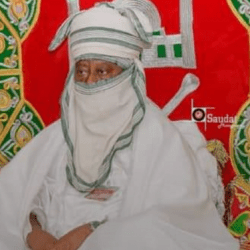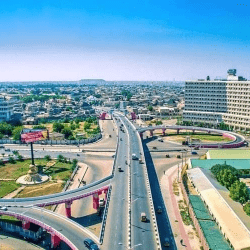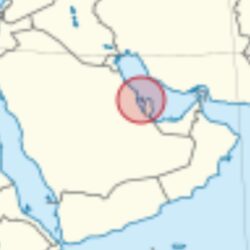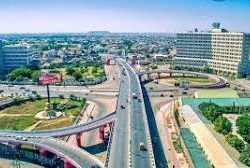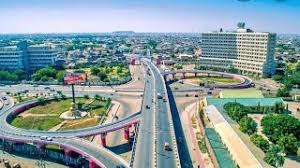
Prior to the creation of Kano State in 1967, it was the largest Hausa Kingdom in Africa that is currently 1000 years old, based on an ancient settlement around Dala Hill.
According to the Kano Chronicle, Bagauda, a grandson of the mythical hero Bayajidda. became the first king of Kano in 999AD, reigning until 1063AD.
Muhammad Rumfa ascended to the throne in 1463 and reigned until 1499.
During his reign he reformed the city, expanded the Sahelian Gidan Rumfa (Emir’s Palace), and played a role in the further Islamization of the city as he urged prominent residents to convert.

The Hausa state remained independent until the Fulani conquest of 1805.
At the beginning of the 19th century, Fulani Islamic leader Usman dan Fodio led a jihad affecting much of northern Nigeria, leading to the emergence of the Sokoto Caliphate.
Kano became the largest and most prosperous province of the empire.

In March, 1903 after a scanty resistance, the Fort of Kano was captured by the British, It quickly replaced Lokoja as the administrative centre of Northern Nigeria.
It was replaced as the centre of government by Zungeru and later Kaduna and only regained administrative significance with the creation of Kano State following Nigerian independence in 1960.

After independence, Kano state was created in 1967 from the then Northern Nigeria by the Federal military government.
The first military police commissioner, Audu Bako, is credited with building a solid foundation for the progress of a modern society. Most of the social amenities in the state are credited to him.


